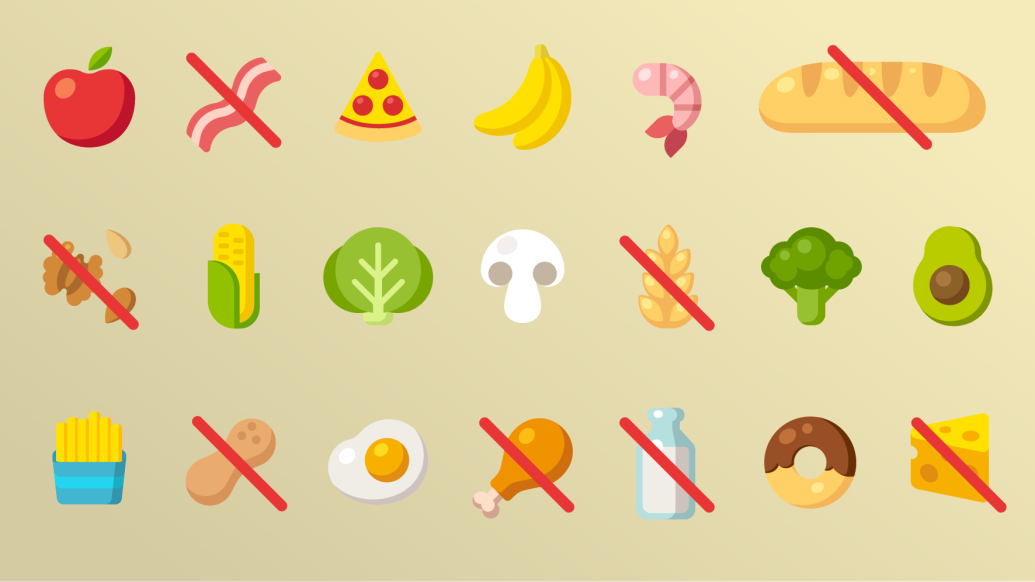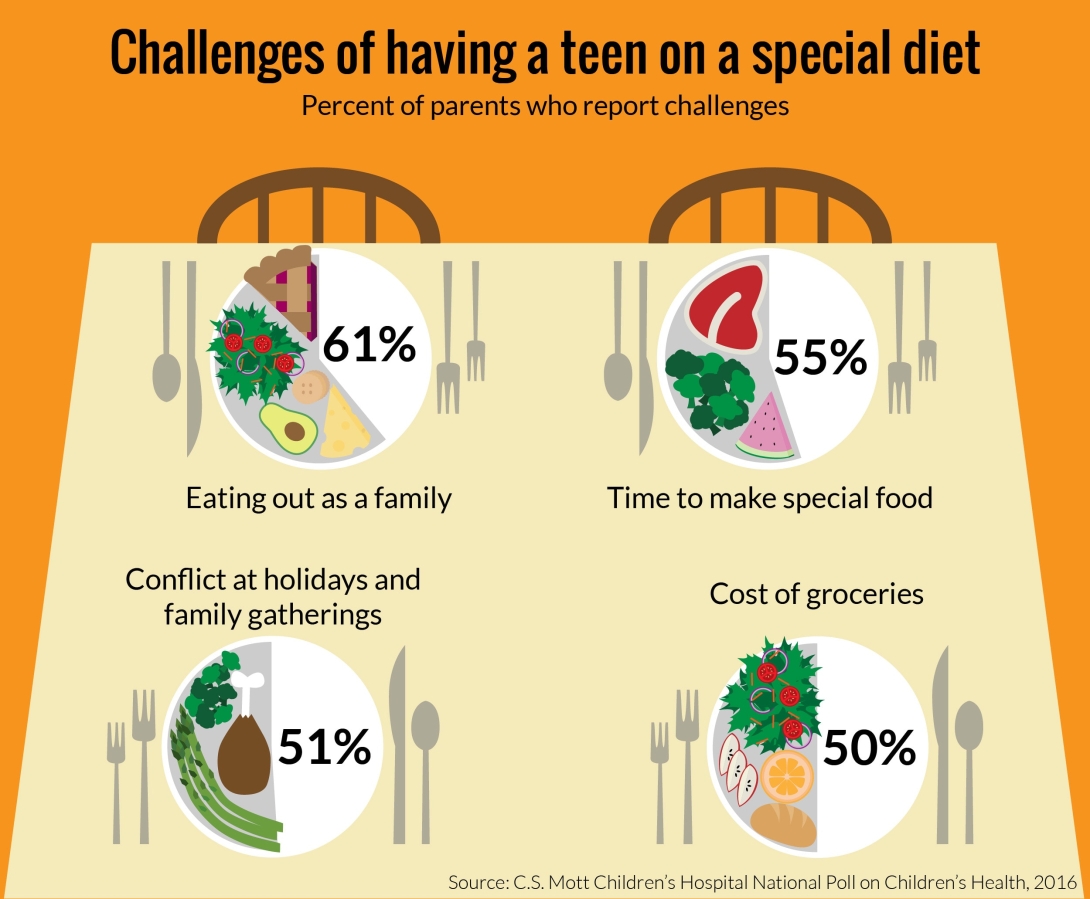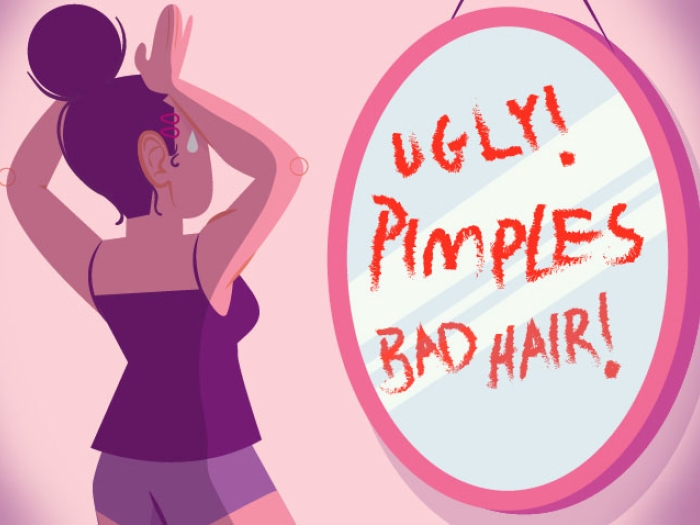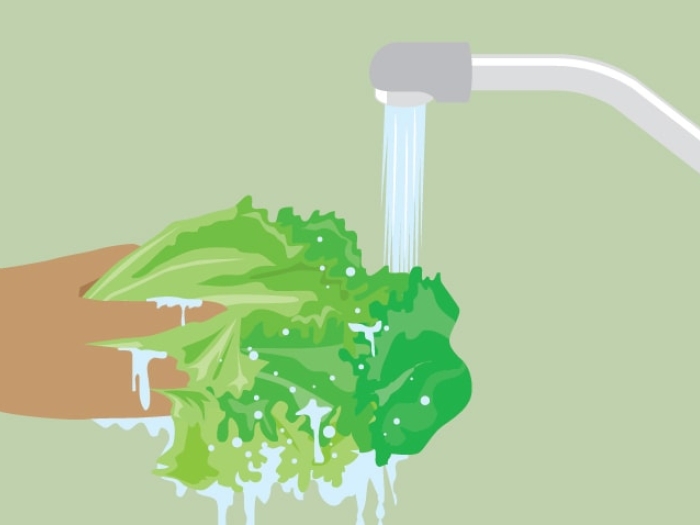One in 6 parents say their teen has tried a gluten-free, vegan, paleo or vegetarian diet. For some families, the restrictions can cause indigestion.
7:00 AM
Author |

Planning a holiday meal can be hectic, and some families will be managing an extra stressor: accommodating the dietary restrictions of teens on gluten-free, vegan or other special diets.
MORE FROM THE HEALTH BLOG: Subscribe to our weekly newsletter
For a variety of reasons, many teens choose diets that go beyond cutting calories and reducing portion sizes — instead, these special diets restrict entire food groups. That could mean added costs and new logistical challenges for families, suggests a new national poll.
One in 6 parents say their teen has tried a diet that is vegetarian (9 percent), gluten-free (6 percent), vegan (4 percent) or paleo (2 percent) in the past two years, according to the C.S. Mott Children's Hospital National Poll on Children's Health at the University of Michigan.
The diet changes aren't always harmonious. More than half of parents in the Mott poll say the special diets caused conflicts at holiday and family gatherings.
"Teen diets that limit food options can impact the whole family," says poll co-director Sarah Clark, M.P.H. "That can lead to conflict at the holidays if the diet doesn't include the mainstays of the family's traditional meal and the teen refuses to eat Granny's famous mac and cheese or the turkey Aunt Emma spent all day preparing."
Other difficulties are everyday challenges, like finding a suitable place for the whole family to dine out (61 percent), the extra time spent preparing diet-friendly food (55 percent), the stress of family members eating different meals (54 percent) and the added expense of buying special diet foods (50 percent).
"Parents can work with teens to minimize any burden on family members, such as asking the teen to prepare his or her own meals or finding diet-compliant versions of the family's favorite foods," says Clark.

Too little health advice?
Parents gave a variety of reasons for why their teens tried the special diet: 32 percent say it was health-related, while 29 percent say it was because another relative was on the same diet. Other motives include a friend's suggestion (17 percent) and the diet's environmental impact (14 percent).
SEE ALSO: Want to Help Your Teen Eat Healthy? Don't Use the Word 'Diet'
More than half of parents say they did their homework when their teens started a special diet — with nearly half suggesting that the teens began taking vitamins or supplements in tandem. Just 17 percent brought their teens to a health care provider to discuss whether the diet was healthy.
"Parents may not recognize this as a situation that would benefit from advice from a health care professional," says Clark.
About half of parents (52 percent) think the special diet had a positive effect on their teens feeling healthier, while 41 percent think it made no difference.
On the other hand, 7 percent say the diet negatively affected their teens' health.
"There are situations where diets that restrict certain food groups can result in teens not getting enough protein, iron, calcium or other essential parts of a healthy diet," Clark says. "Advice from a dietician or nutritionist can help families weigh the risks and benefits to determine practical options for teens looking for a healthier lifestyle."
The Mott poll report was based on responses from a nationally representative group of 910 parents who had at least one child ages 13 to 18.

Explore a variety of healthcare news & stories by visiting the Health Lab home page for more articles.

Department of Communication at Michigan Medicine
Want top health & research news weekly? Sign up for Health Lab’s newsletters today!





